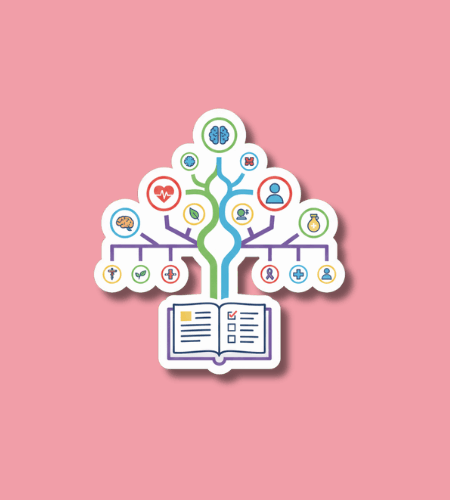The National Family Health History Day, which aligns with the holiday of Thanksgiving in the United States, is an annual moment to gather with loved ones and explore the health-stories that ripple through family generations. Established by the U.S. Surgeon General’s Office in 2004, it encourages families to share knowledge about illnesses such as heart disease, diabetes, cancer and stroke—so that understanding your heritage becomes a step toward better health and prevention.
Table of Contents
History of National Family Health History Day
The idea for this observance originated from efforts to promote use of family health-history data in preventive medicine. In 2004, the U.S. Surgeon General designated Thanksgiving as the time each year for families to collect and record such information, because it offers a natural opportunity when many relatives are together.
Over time, organisations including the Centers for Disease Control and Prevention (CDC) and the National Human Genome Research Institute (NHGRI) have provided tools and resources—like the “My Family Health Portrait” online tool—to help people gather their family health history and use it in conversations with medical providers.
Why is National Family Health History Day important?
This day is important because health risks often cluster within families due to shared genetics, behaviours and environment, and recognizing those patterns can give individuals and providers a head start on prevention and early detection.
It also underscores the idea that health is not just individual, but communal: by speaking with relatives and recording what happened across previous generations, families can help one another make better-informed decisions and create a legacy of health awareness.
- It prompts meaningful conversations among family members about past diagnoses, age at illness, and cause of death.
- It supports detection of inherited risk factors so that timely screening or lifestyle changes can be considered.
- It connects family health-history knowledge with personalized medical advice and prevention strategies.
- It helps families recognize that behaviors, diet, environment, and heredity all interrelate in shaping health.
- It fosters a culture in which families take active roles in their long-term health rather than waiting for problems to appear.
How to Observe National Family Health History Day
You can observe this day simply by bringing your family together—over a meal or gathering—and initiating a discussion about health stories: who in the family had which condition and at what age; when someone passed away and what the cause was; and whether there are patterns of diseases. Then, gather that information into a document, share it with your healthcare provider, and decide together on what preventive steps might make sense.
Emotionally, the day encourages openness, honesty, and shared responsibility, reminding each other that looking back can help look forward and that family history is a gift of knowledge, not just a record of challenges.
- Ask relatives about major illnesses (e.g., heart disease, cancer, diabetes) and the age of diagnosis.
- Record and organize the gathered information in a simple family-health tree or chart.
- Share the documented information with your primary-care doctor and discuss whether earlier or more frequent screening may be appropriate.
- Commit to one healthy condition-improvement goal together (for example, walk more, quit smoking, improve diet) based on what family history reveals.
- Plan to revisit and update the family health history regularly—every few years—as new information or changes emerge.
National Family Health History Day Dates Table
| Year | Date | Day |
|---|---|---|
| 2026 | November 26 | Thursday |
| 2027 | November 25 | Thursday |
| 2028 | November 23 | Thursday |
| 2029 | November 22 | Thursday |
| 2030 | November 28 | Thursday |
Subscribe to our newsletter and never miss a holiday again!

